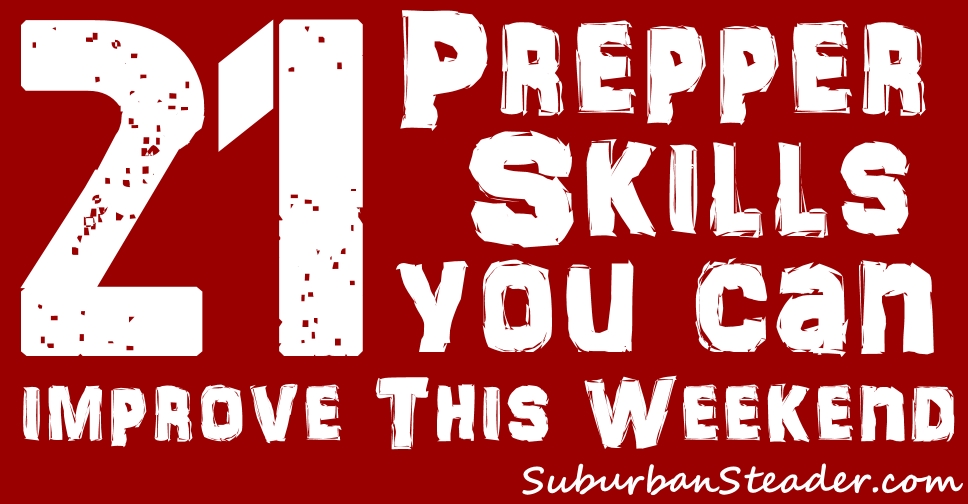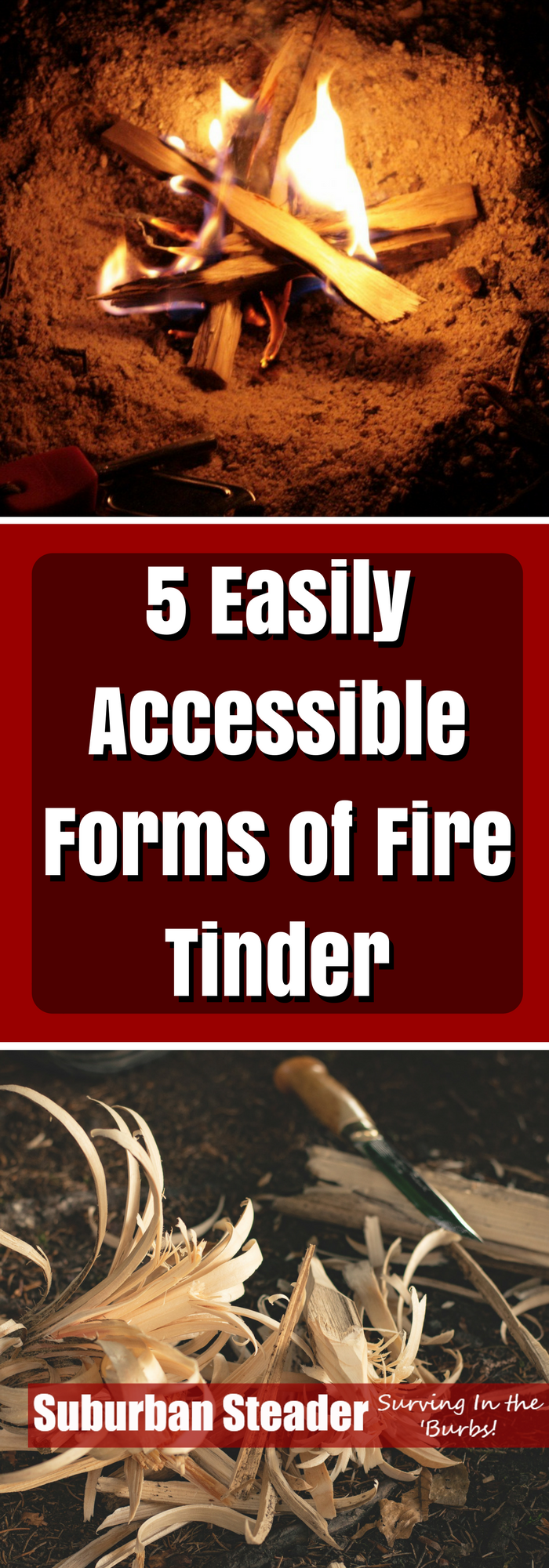10 Best Survival Skills for Natural Calamities
Tomorrow is never certain. We never know when there might be a dissonance which can disrupt the comfortable nature we are used to on a daily basis. There are many different emergency events which some people prepare for but, unfortunately, most of us tend to ignore. At some point in our lives, we will have to deal with some form of natural calamity, and that is exactly why we put together this post. In the following article, we’ll highlight some of our favorite survival skills for natural calamities for you to learn from.
Survival Skills
1. Making Shelter
You should consider your situation before planning or building any survival structure. Your shelter must be able to provide protection from excessive wind, sun, rain, snow or any kind of weather. A shelter is mostly for comfort and protection. It should protect you against animals, weather or from insects. Likewise, it must be relatively comfortable since you will have to sleep in it.
A shelter may have many different forms:
- Natural shelters include caves or fallen thick-foliaged trees
- Intermediate shelters include a ditch dug next to a tree log and covered with leafs, debris shelter, or snow caves
- Completely man-made structures which may include houses, tents or tarps
2. Gathering & Filtering Water
Human beings are able to survive for an average of 3 to 4 days without water intake. Water is highly needed in hotter temperatures. The need of water also may increase with exercise. A normal person may lose between 2 and 4 liters of water in a day under the normal condition – more in extreme weather conditions. It is suggested that you consume between 3 and 6 liters of water per day to stave off dehydration.
In survival situations where running water is not available, you need to have an adequate water supply or a way to consistently produce clean water. Without clean water, you won’t survive a prolonged calamity and therefore, you need a source that will not only provide clean water but also easily accessible every time without going long distance. Other sources of water may include; having secrete water reserves, rainwater harvesting, or storing the large quantity of clean water. There are numerous ways to generate clean water from questionable sources filtering, purifying and boiling.
3. Creating Fire
Fire have been recognized to significantly increase an ability to survive from both the mental and physical states. It can help you warm your body, boil water, cook food, or dry your clothes. In addition, fire can also provide a psychological support by creating a sense of the safety and security.
Lighting fire without matches or lighters is a common subject in survival books and courses. You should, therefore, practice the fire making tactics before venturing to wilderness. Making the fire in adverse conditions have been made easier by introductions of fire equipment such as fire piston and solar spark lighters.
4. Food Storage
You might be surprised seeing food being low on a survival skills list. We can survive without food for much longer compared with other basic needs. According to the rule of three, a typical person can survive for up to three weeks without food. That being said, surviving and being somewhat comfortable can be two very different things.
Having food stores in place prior to a calamity is the best way to ensure you don’t go hungry during a natural disaster. In the off chance you’ve run out of everything, you can resort to the following means of food acquisition:
- Hunting
- Foraging
- Trading
Please make sure you can properly identify edible plants if you intend to forage.
5. Improve Your Outdoor Skills
The more you understand the nature, the better you will be able to survive. For instance, to effectively locate wild animals you will need highly tuned wildlife tracking skills.The best way to acquire basic natural knowledge is to read about plants and animals in your area and then get outside and tune your knowledge. This approach will allow you identify means of survival in the outdoors in good times or bad.
6. Improve Your Attitude
Attitude is very important in survival skills. It can even determine whether you are going to make it out of a situation alive. Your attitude will help you plan for your situation and, by doing so, you will keep your body and mind active. A positive attitude is also contagious. If you are in a group of folks who are in dire straits, a positive attitude may help bring people together and allow them to get to safety.
7. Build Your Relationships
Solid relationships with other community members is an essential aspect of survival and readiness. One individual can’t do as much as two can do. If you involved your friend or a neighbor about it, they might agree and create a readiness plan for the entire community. Solid relationships will add an extra reliability which will help you prepared for anything.
8. Communication Is King
Communication is one of the most critical survival skills to keep up to date with. Ensure that you have backup forms of communication such as radios, radio phones, auxiliary phone chargers or satellite phones. All these are a flexible and viable form of communication.
Moreover, have a communication plan and make sure that you practice in calm times to make sure that your plan works when things go sideways.
9. Have An Escape Plan
Having a plan to escape from different situations is key in a survival situation. Your plans should start with your central location – do you have an escape plan for your house if it’s on fire – and build outwards. Where do you go from work if there’s a disaster? Where do your kids go if they are at school? Where do you go if your primary escape route is blocked? Do you have a tertiary escape route?
10. First Aid Knowledge
Don’t let its ranking fool you – first aid knowledge is one of the most critical of the survival skills that you should develop. Build up your first aid kits both in your homes and in your vehicles and, above all else, build up your knowledge to treat everything from simple to severe situations. You can enroll in basic first aid classes and other natural survival tactics at some of the institutions such as Red Cross. Additionally, you can read more books that provide first aid information. Once you’ve developed your basic first aid skills, you may want to develop a knowledge of medicinal herbs and remedies.
Conclusion
Natural calamities come at the most unanticipated times. Only developing proper survival skills will allow you to make it through these situations as unscathed as possible.
What do you think of these tens tips? Let us know in the comments below.
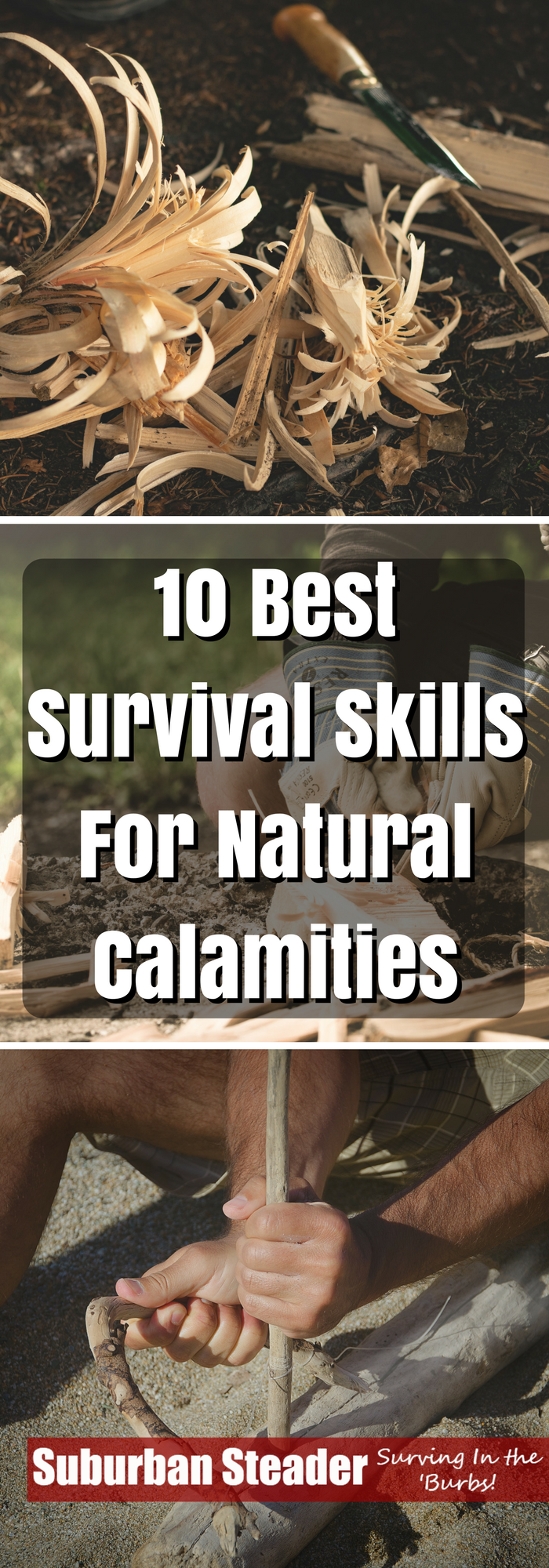
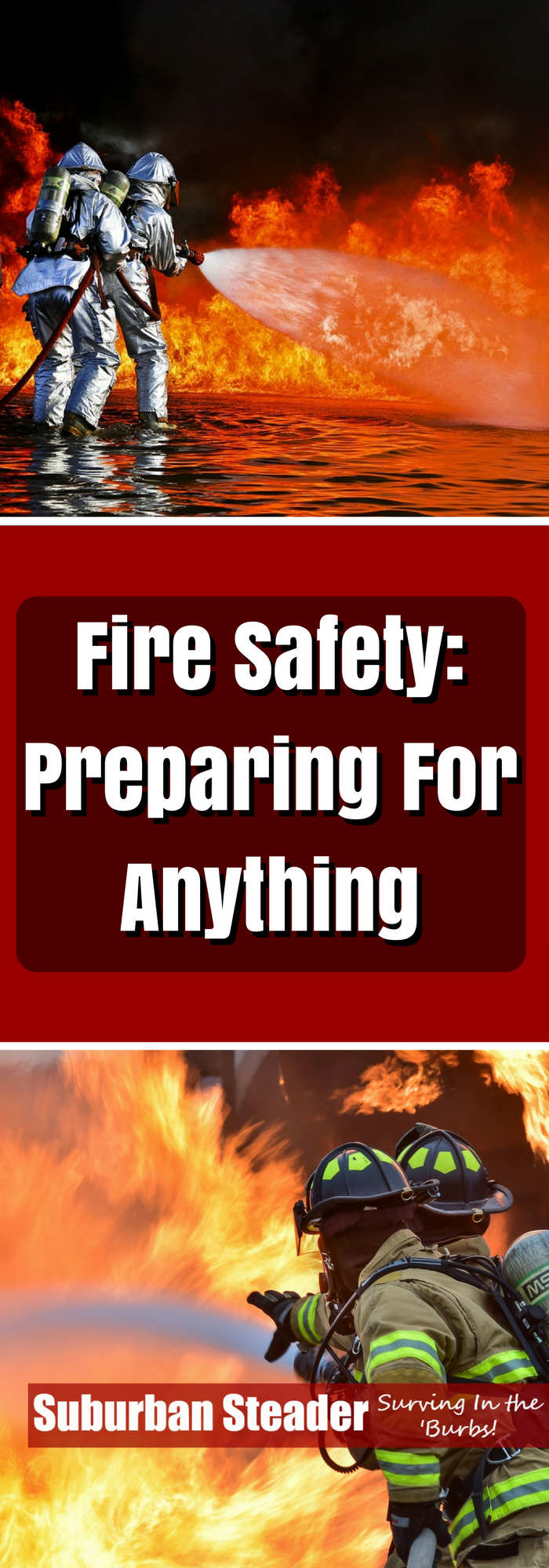
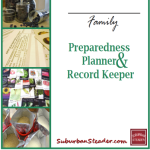
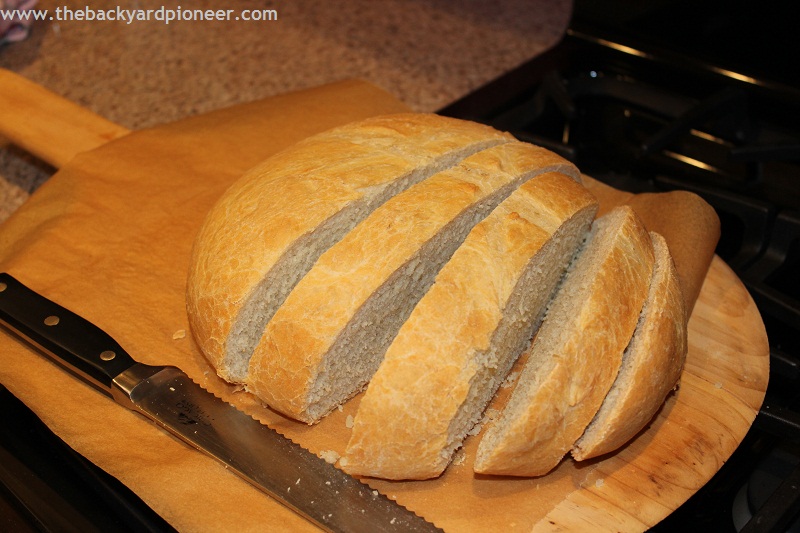 16. Bake Fresh Bread
16. Bake Fresh Bread